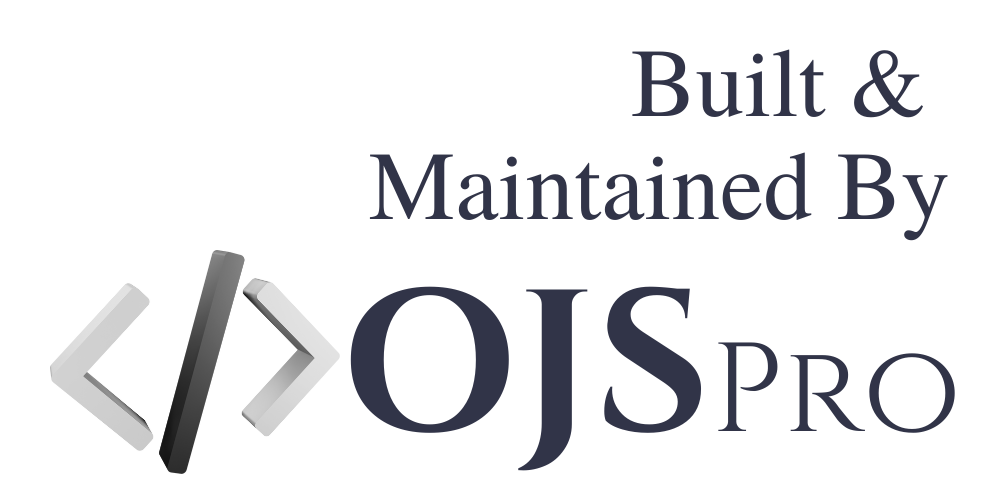PERSPECTIVE ON RIGHT TO KNOW
Downloads
Keywords:
Right to Know, RTIAbstract
There is a saying that information is power, and in a society, by sharing information among the people, there is an involvement of participatory governance. Government works in secrecy, however, it should be noted that there must exist a limit to secrecy and information which are relevant and beneficial for the people must be given. There must exist transparency in administration. Also, when people are given information, they can actively participate in the decision making process, corruption in the administrative bodies is minimized and this will also ensure that every public officer is working in public interest. Right to know can be claimed under article 21 of the Indian Constitution. Since there were many new dimensions and interpretations to right to life under article 21, the apex court, in the case of R.P. Ltd. v. Proprietors Indian Express Newspapers, Bombay Pvt. Ltd.4 , gave the observation that if there needs to be an effective function of democracy, the people must be given right to know and right to be informed about the conduct of affairs of the state.
External References to this Article
Loading reference data...
License Terms
Ownership and Licensing:
Authors of research papers submitted to any journal published by The Law Brigade Publishers retain the copyright of their work while granting the journal specific rights. Authors maintain ownership of the copyright and grant the journal the right of first publication. Simultaneously, authors agree to license their research papers under the Creative Commons Attribution-ShareAlike 4.0 International (CC BY-SA 4.0) License.
License Permissions:
Under the CC BY-SA 4.0 License, others are permitted to share and adapt the work, even for commercial purposes, provided that appropriate attribution is given to the authors, and acknowledgment is made of the initial publication by The Law Brigade Publishers. This license encourages the broad dissemination and reuse of research papers while ensuring that the original work is properly credited.
Additional Distribution Arrangements:
Authors are free to enter into separate, non-exclusive contractual arrangements for distributing the published version of the work (e.g., posting it to institutional repositories or publishing it in books), provided that the original publication by The Law Brigade Publishers is acknowledged.
Online Posting:
Authors are encouraged to share their work online (e.g., in institutional repositories or on personal websites) both prior to submission and after publication. This practice can facilitate productive exchanges and increase the visibility and citation of the work.
Responsibility and Liability:
Authors are responsible for ensuring that their submitted research papers do not infringe on the copyright, privacy, or other rights of third parties. The Law Brigade Publishers disclaims any liability for any copyright infringement or violation of third-party rights within the submitted research papers.
Published
Issue
Section
License

This work is licensed under a Creative Commons Attribution-NonCommercial-ShareAlike 4.0 International License.
Copyright © 2026 by Dewansh Vashishth
The copyright and license terms mentioned on this page take precedence over any other license terms mentioned on the article full text PDF or any other material associated with the article.


